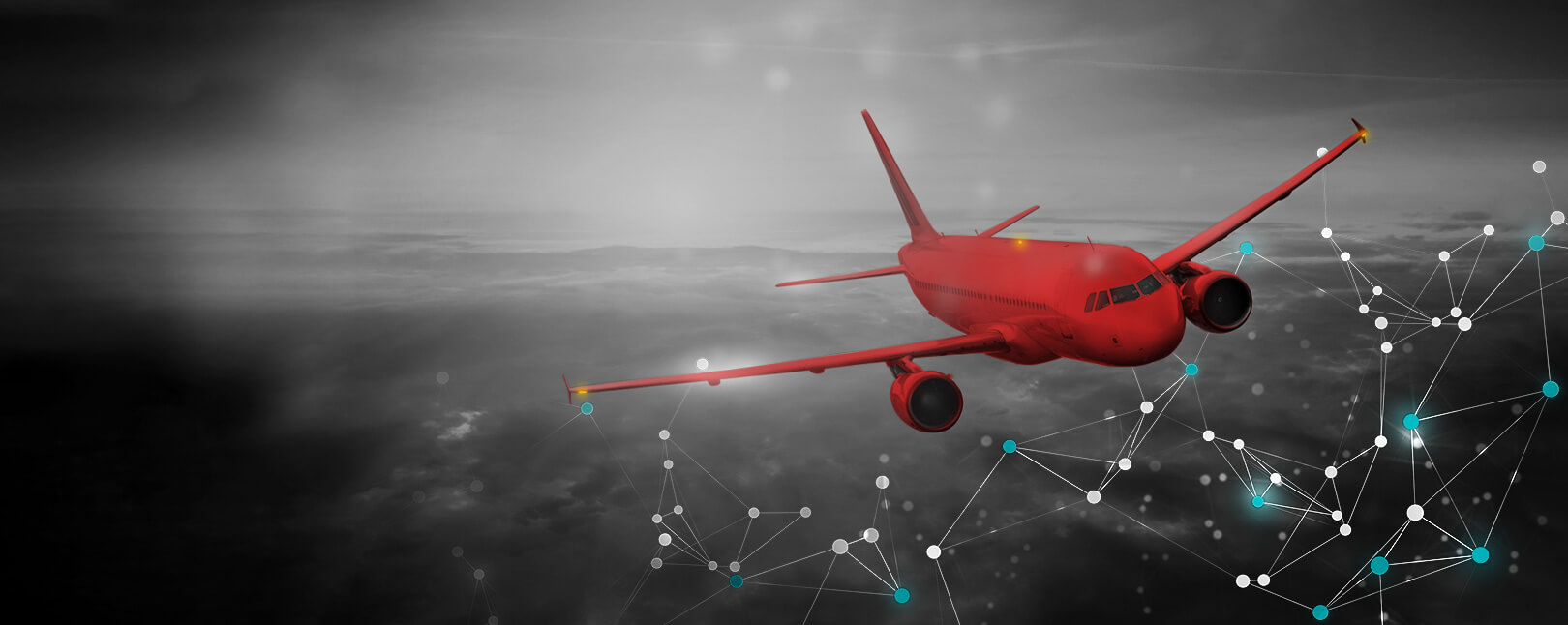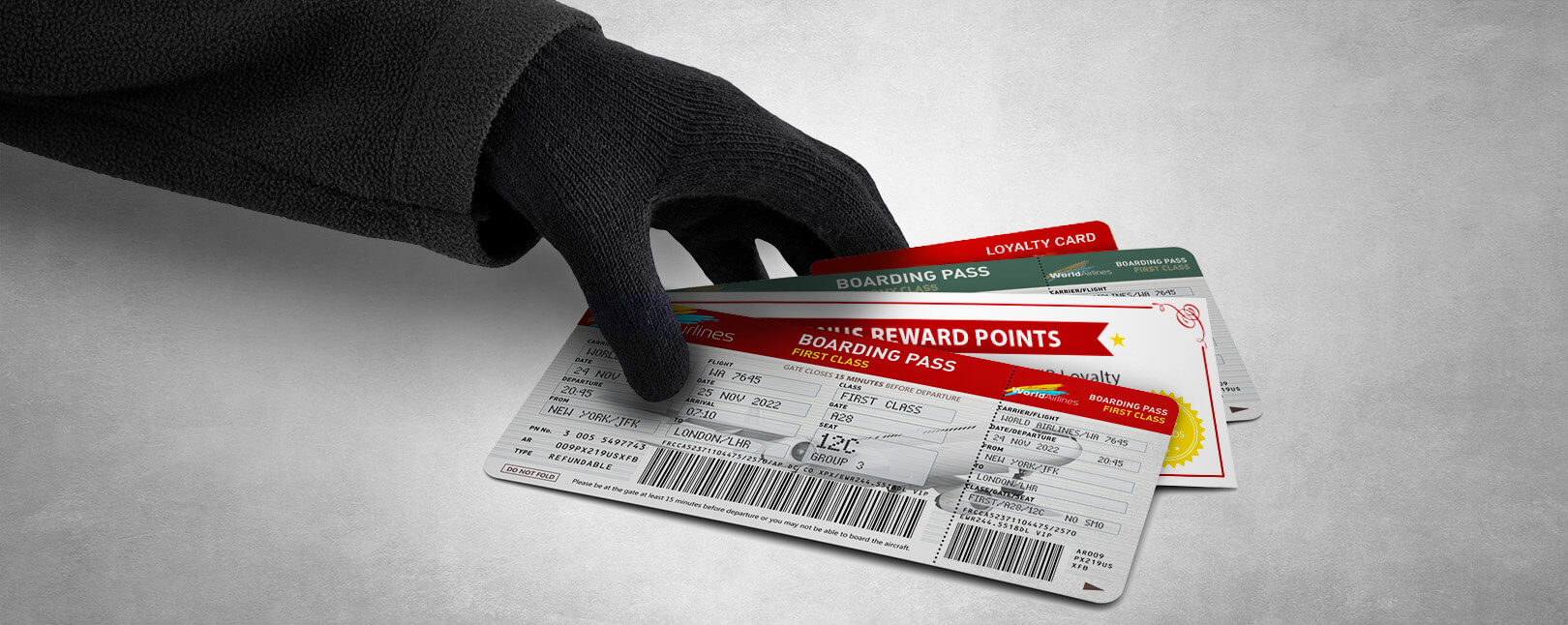Advancing technologies play a role in shaping every industry, but the effect is especially pronounced in the travel tech space.
Many travel verticals have added pressures that other businesses don’t necessarily need to contend with. For example, security is a primary concern for the airline industry, while OTAs need to worry about coordinating information between airlines, cardholders, banks, hotels, and many other parties.
Some of the new apps and gadgets on the horizon promise to shake up the industry in a big way, so let’s take a moment to see what these innovations may offer.

Artificial Intelligence
Rudimentary forms of AI already power processes and tools in use throughout the industry. Big data analysis, for example, allows travelers to benefit from personalized recommendations to create a unique experience.
The data analysis that makes this possible is, in turn, provided by artificial intelligence as well. Machine learning techniques enable companies to organize and structure massive amounts of customer data to produce useable information.
AI is still just in its infancy; what we have today isn’t even “real” artificial intelligence, depending who you’re talking to. As the technology develops further in the coming years, though, AI promises to be the lynchpin that will connect the entire travel industry.
Beyond basic chatbots and workflows, AI will be able to extrapolate complex ideas from data to “think.” More advanced AI will allow companies to provide responses and recommendations, manage applications, conduct inventory management, and do thousands of things we can’t even imagine yet.
The Essential Guide to Global eCommerce
Our new whitepaper takes a close look at eCommerce practices around the world. We carefully examined data on markets from Africa to Asia and beyond, all to assemble a thorough, predictive picture of where eCommerce is headed over the next several years.
FREE DOWNLOAD
The Internet of Things
We’ve all got one or two “smart” devices around our home, and we’re going to see more connected devices showing up in hotel rooms very soon, too. TVs allowing guests to select their favorite streaming service, smart speakers for voice-controlled lighting and temperature: these are just a couple of the possible applications.
Smart home assistants like Alexa and Google Home open the opportunity for a more conversational experience. Individuals could make travel plans and get reviews and recommendations using these devices, plus add additional functionality down the road as their AI capabilities develop.
But, what about at 10,000 feet in the air? With IoT travel tech, that’s more of a “when” than an “if.” We could have airline seats designed to gauge each traveler’s comfort and determine when they need assistance, allowing for better service and more positive customer interactions.
This opens some concerns, though. With IoT technology, travel companies may only be able to improve their customer experience if this tool is provided on a volunteer, opt-in basis. Some customers will want the option not to participate due to security concerns.

Automation
Blending advanced software into existing hardware will always have new and developing applications.
The advent of “driverless cars” is currently the most widely-discussed use of automation for the travel industry. These vehicles have proven to be controversial after several widely-publicized incidents, making an earlier projection of 10 million autonomous cars on the road by 2020 high unlikely. Driverless cars still have several years before they are ready to hit the mass market, but they promise to completely transform travel from that point on.
In the meantime, other applications for automated travel tech continue to change the industry. One popular example was the fleet of robotic assistants who helped guide travelers and run logistics during the 2018 Olympics in South Korea. And, those are just the most visible to travelers; in truth automation already factors into every facet of travel.
There is some hand-wringing going on in the industry regarding automation and job replacement. In response, many experts argue that automation isn’t meant to be a replacement for human interaction, but rather a supplement to help “fill the cracks” in processes. Automation will improve processes, but it will still require human oversight.

Blockchain
Though still best known as the technology behind cryptocurrencies like Bitcoin, the blockchain model has many applications in travel, too. A blockchain can be used to simplify ticketing, loyalty programs, and security information.
The technology works by resolving one transaction after another on a ledger that is distributed across thousands of different devices. This averts many of the challenges associated with centralized recordkeeping and transaction clearing, while also making it impervious to traditional hackers.
In places like Dubai, industry figures are exploring blockchain tech’s applications for “digital passports,” and that’s just the beginning. Customers could see much faster lines at security, and never lose another bag due to records mismatches. Ultimately, this would save money for travel-focused companies through a more effective use of resources.
Blockchain’s main drawback is its close association with cryptocurrencies, and the less-than-perfect reputation those technologies have. If blockchain can step out from under the shadow of Bitcoin, then this tool could play a big role in reshaping how travel information is stored and processed.
How will new tech and data rules affect your bottom line? Find out now.

No Technology is Perfect
Of course, each promising new technology has drawbacks, too. Personal information—and how that information is stored and used—will be a major concern.
Access to data is vital for all these gadgets to operate effectively. From the machine learning process behind AI and IoT devices to autonomous vehicles, everything is powered by the collective data of thousands of individuals. That can be a problem, because as mentioned above, plenty of consumers dislike the idea of giving out private information.
As the tech is still developing, there’s a lot of uncertainty regarding how rollout and adoption will go. Few hotel customers will probably want to install anything on their device to use in-room IoT connectivity, and no one will want to surrender any data to an unsecured device in a public place.
Then there’s regulations like the GDPR which, while an EU regulation, will still impact businesses globally. The GDPR could make it harder to collect and store data, and while some experts suggest blockchain technology will make data storage easier under the rules, others suggest the exact opposite.
Plus, there are plenty of issues in the travel industry that simply don’t have an automated solution. Take chargebacks, for example; technology is an important part of the equation, but chargebacks are a dynamic problem that requires a dynamic solution.
At Chargebacks911®, we deploy a combination of machine learning and human expertise to diagnose, prevent, and fight back against chargebacks.
Whether you’re looking to make Chargebacks911 your primary chargeback management solution, or to supplement your existing tools, we provide travel industry solutions that get results. No other business in the travel sector provides the kind of comprehensive, flexible solution offered by Chargebacks911.
We successfully redeployed our in-house team and are consistently experiencing over 300% ROI.
T.S., Fraud Manager Online Travel Company
The best way to adjust to these and other travel tech innovations is to be proactive. Ready to see what Chargebacks911 can do for you? Click below and get started today.















